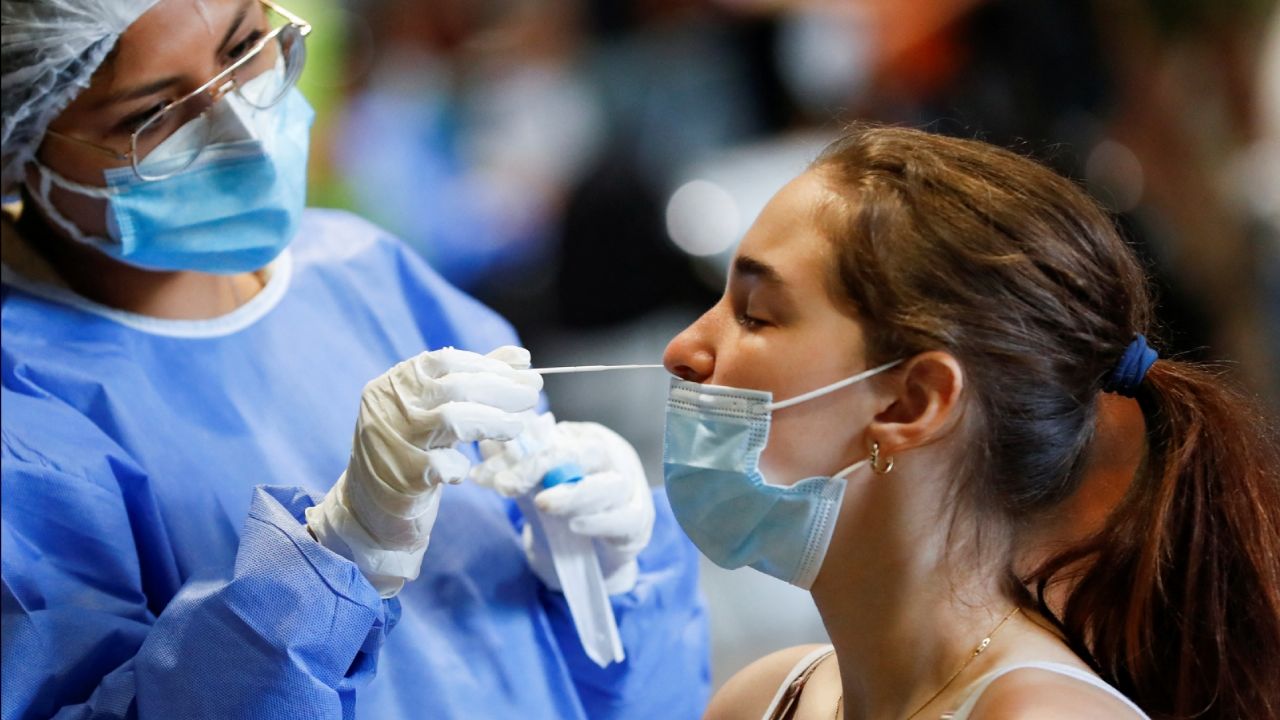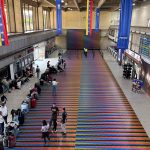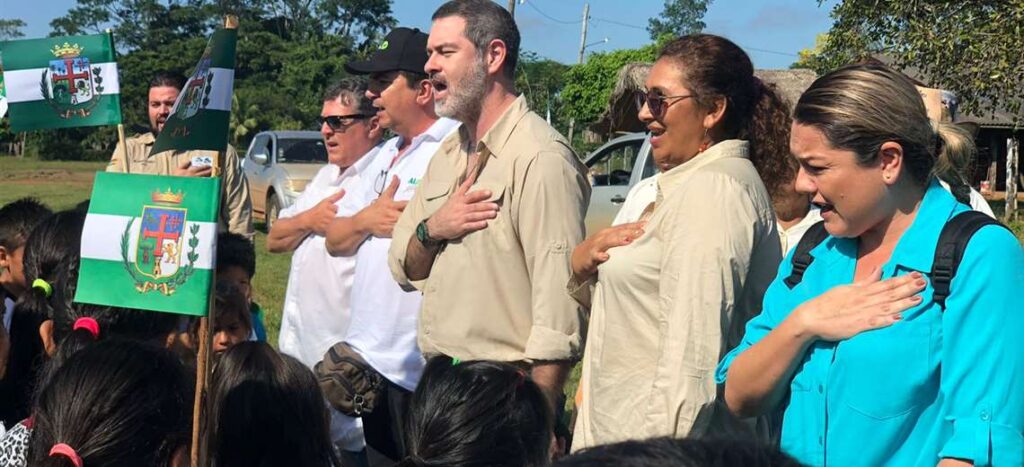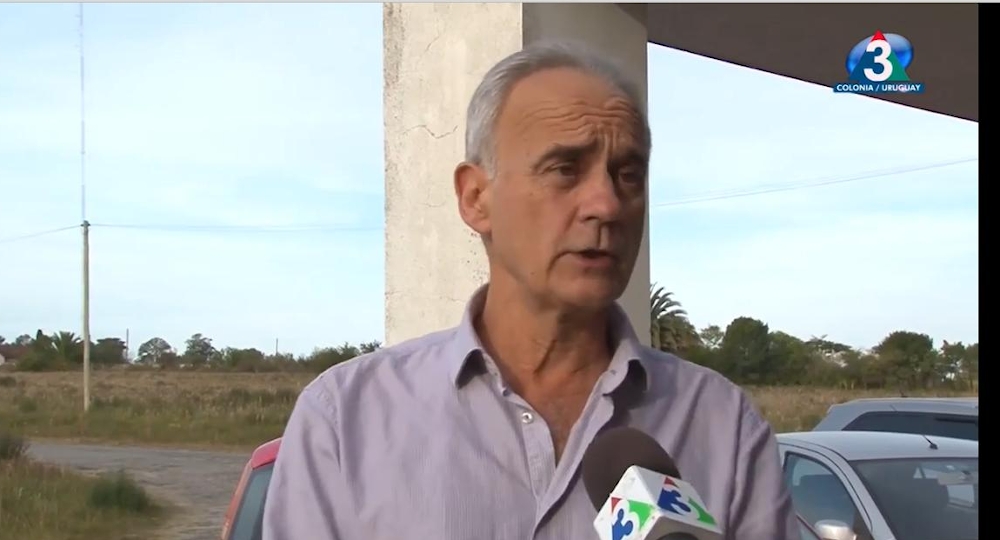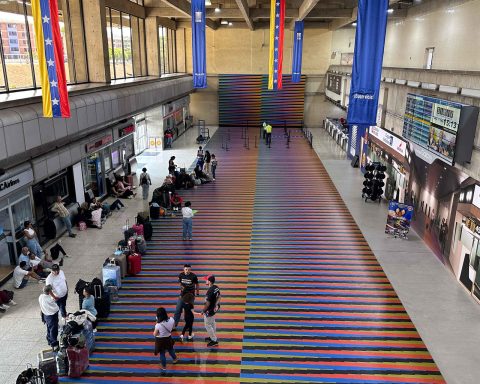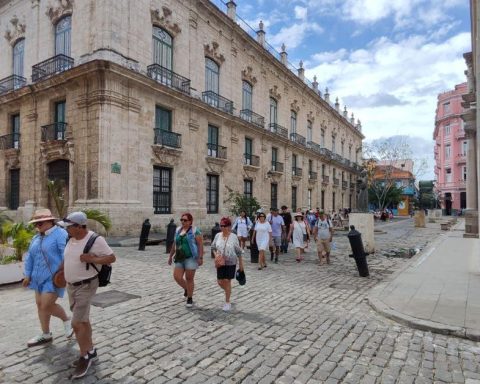In its last epidemiological part, which is issued weekly every Sunday, the Ministry of Health of the Nation registered a new rise in the weekly rate of infections of coronavirus in all the country. An increase that, for two weeks, was anticipated from the Government of Buenos Aires.
According to the report of the health office, from Monday May 9 to Sunday May 15, the health authorities throughout the country reported a total of 33,989 new infections of coronavirusalmost double the positive cases of the virus diagnosed last week.
This is the second significant increase registered in Argentine territory so far this month, given that, during the first week of May, the new cases of coronavirus They barely touched the barrier of 10,000 infections in a week.
Now, with this latest update, Argentina goes on to accumulate a total of 9,135,308 infections of coronavirus since the arrival of the pandemicwhich positions it at number 13 in the world ranking as one of the countries most affected by the virus.

Regarding the hospital occupancy rate, the Health entity confirmed that there are 300 patients hospitalized in Intensive Care Units (ICU) in the country, which places the COVID hospitalization rate at 41.2% nationwide.
For its part, in terms of deaths, the death of some 47 people was confirmed in the last week, most of them in the Province of Buenos Aires, with 33 deaths. They are followed by: CABA (6), Santa Fe (3), Neuquén (2), Mendoza (1), Río Negro (1) and Salta (1).
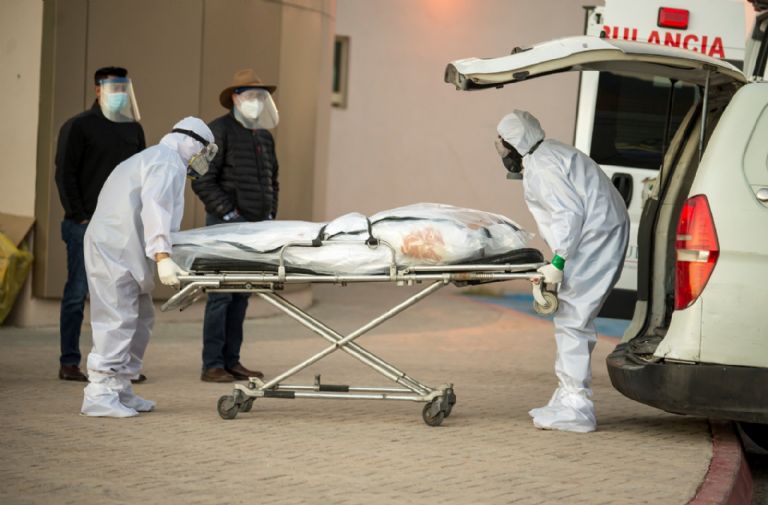
This data raised the COVID mortality rate in Argentina to 128,776 deaths since last March 8, 2020, when the first death from coronavirus in the country.
National Vaccination Plan
This week, Argentina also passed a new milestone in its vaccination campaign against the coronavirus pandemic. coronavirus by supplying some 100,541,379 doses since the start of the health operation.

In total, 41,063,129 people received the first dose of the vaccines (90.5% of the population); 37,651,630 Argentines who completed the scheme with both doses (82.3% of the population); and 22,335,996 people who received a third booster schedule of vaccines (49.2% of the population), according to the Public Vaccination Monitor.
